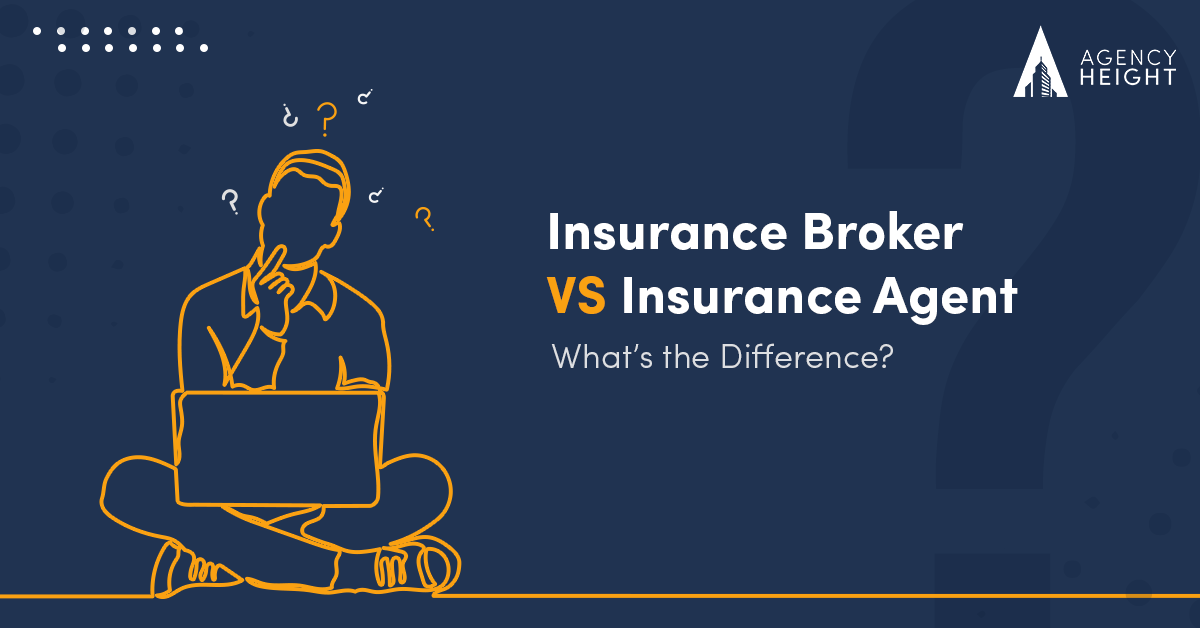Comment on Insurance Agent VS Insurance Broker: Who is better? by Shammy Peterson

How do agents get paid?
Captive agents get paid depending on whether they are employees or independent contractors. Insurance agents as employees are provided salary and benefits. Whereas agents classified as independent contractors receive payment based on sales and commissions.
Independent agents are paid on a commission basis. They receive a regular commission every time they sell an insurance policy and when a client renews their policy. Compared to captive agents, their commission splits are higher. Therefore, since they can sell from an array of companies, they have the potential to earn a lot more.
Whether they’re captive or independent, insurance companies tend to pay agents more money for new policies. It works as a reinforcement for the insurance agent to bring in new policies and strive for new business.
According to the U.S. Bureau of Labor Statistics, the median pay (salary, commission, and bonuses) for an insurance agent in 2019 was $50,940. With the lowest 10% earning less than $28,000 and the top 10% earning more than $125,500.
It’s simple: The more clients an agent serves, the more money they make.
Accountability for an insurance agent
Data from the Insurance Information Institute showed that the insurance industry collected $1.32 trillion in premiums in 2019. Wherein premiums collected by P&C insurers accounted for 48% of the total amount. State and federal laws impose certain responsibilities on insurance agents, which regulates their activities.
Agents can be sued if they: (1) misrepresent the nature, extent or scope of the insurance coverage; (2) fail to disclose material information regarding insurance coverage that the insured requested; and (3) fail to disclose requested information.
At minimum, an agent must have a high school diploma or GED, though a Bachelor’s is preferred. They must have an insurance license from each state where they intend to sell insurance. As well as a license for each type of line of insurance they want to sell. For example, if you want to sell health insurance and life insurance, you’ll need a license for each.







